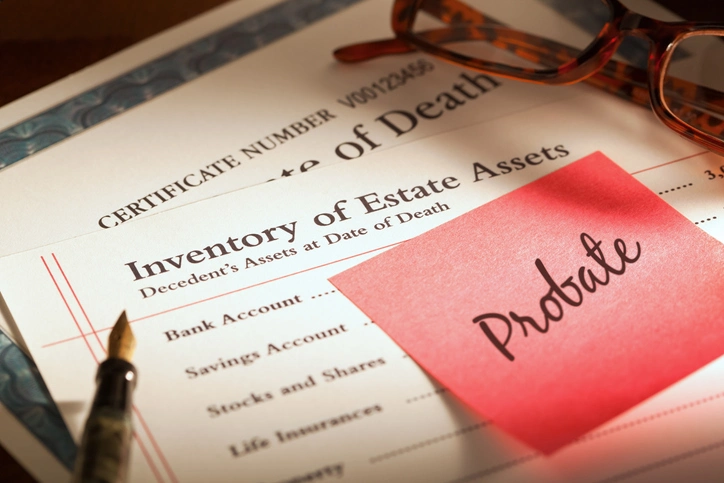For nearly all of my clients, the most difficult part of probate is completing the inventory and appraisement with the probate court.
Filing the inventory and appraisement is a critical step during probate, which is the legal process of administering the estate of a deceased person. The purpose of the inventory and appraisement is to identify and value all the assets that are part of the deceased person’s estate. This information is used to pay off any outstanding debts and taxes, and to distribute the remaining assets to the beneficiaries according to the terms of the will or Texas law.
A probate inventory and appraisement typically includes a list of all the assets in the deceased person’s estate, as well as their estimated value at the time of the person’s death. The inventory may include personal property, such as jewelry, clothing, and household items, as well as real property, such as land, buildings, and other structures. It must also include financial assets, such as bank accounts, stocks, and bonds.
The inventory and appraisement is typically prepared by the personal representative (also known as the executor) of the estate, with the assistance of an appraiser. The personal representative is responsible for gathering and organizing all the information about the assets in the estate.
The inventory and appraisement must be filed with the probate court, which means that it becomes part of the public record. The court will review the inventory and appraisement to ensure that it is complete and accurate. If the court finds any discrepancies, it may request additional information or documentation.
Once the inventory and appraisement has been filed and approved by the probate court, the personal representative can begin the process of paying off the deceased person’s debts and distributing the remaining assets to the beneficiaries. This may involve selling property, liquidating financial assets, or transferring ownership of real estate.
There are several considerations to keep in mind when preparing an inventory and appraisement. First, you must be thorough and accurate. The inventory should include all assets that are part of the estate, no matter how small or insignificant they may seem. Similarly, the appraisement should provide a fair and reasonable estimate of the value of each asset.
Second, you must be objective and unbiased. The inventory and appraisement should not be influenced by personal feelings or biases. It should be based on factual information and professional expertise.
Third, you must follow all applicable laws and regulations. There may be specific requirements or procedures that must be followed when preparing an inventory and appraisement, depending on Texas law. The personal representative must be familiar with these requirements and to follow them carefully.
Finally, you must be organized and efficient. The probate process can be time-consuming and overwhelming, especially if there are many assets to be identified and valued. It is important for the personal representative to keep good records and to stay organized to ensure that the process moves smoothly and efficiently.


